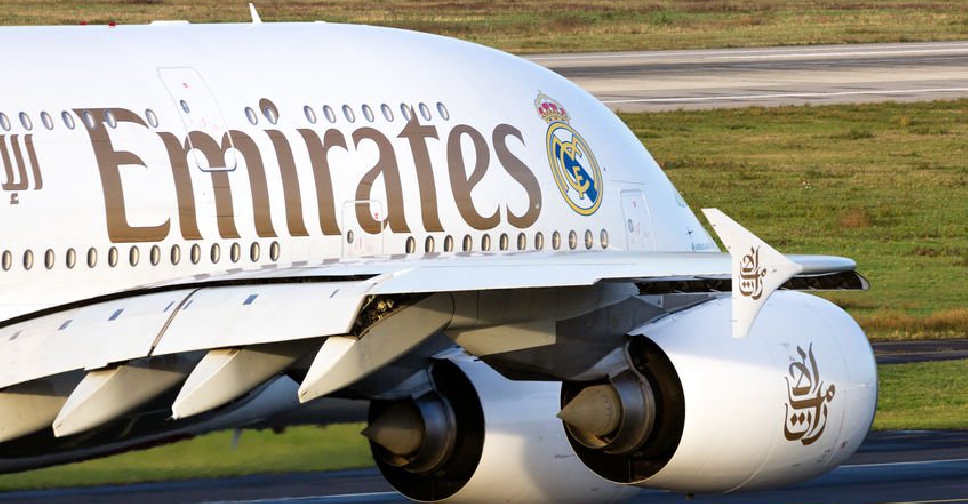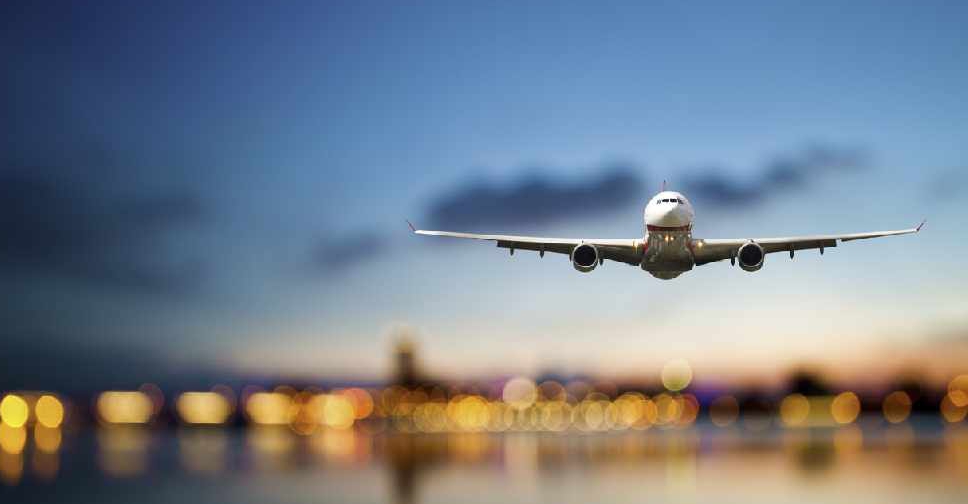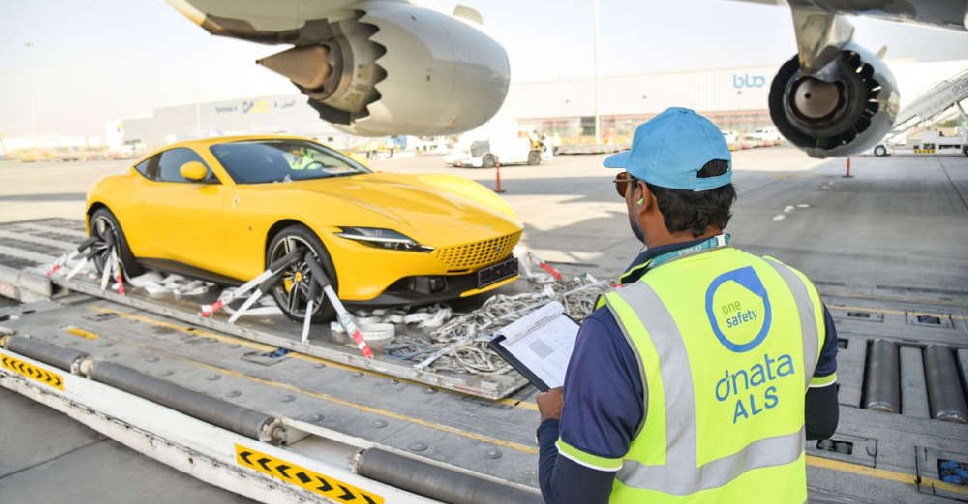
Emirates profit for the first half of 2024-25 hit a new record of AED 9.7 billion ($2.6 billion) before the newly implemented corporate tax, up 2 per cent compared to the same period last year.
Emirates profit after tax is AED 8.7 billion ($2.4 billion).
Emirates revenue, including other operating income, of AED 62.2 billion ($16.9 billion) was up 5 per cent compared with AED 59.5 billion ($ 16.2 billion) for the same period last year. The airline’s new record revenue can be attributed to consistently strong travel and air cargo demand across markets, and its ability to offer customers great value and services.
Meanwhile, the Emirates Group announced its best-ever half-year financial performance, posting a profit of AED 9.3 billion ($2.5 billion) after corporate tax.
The Group posted AED10.4 billion ($2.8 billion) for the first six months of 2024-25 before the 9 per cent corporate tax, surpassing its record profit before tax for the same period last year.
This is the first financial year that the UAE corporate income tax, enacted in 2023, is applied to the Emirates Group.
Demonstrating its strong operating profitability, the Group maintained a robust EBITDA of AED 20.4 billion ($5.6 billion), slightly lower than AED 20.6 billion ($5.6 billion) last year.
Group revenue was AED 70.8 billion ($9.3 billion) for the first six months of 2024-25, up 5 per cent from AED 67.3 billion ($18.3 billion) last year. This reflects the consistently strong customer demand across business divisions, and across regions.
The Group closed the first half year of 2024-25 with a solid cash position of AED 43.7 billion ($11.9 billion) on September 30, 2024, compared to AED 47.1 billion ($12.8 billion) on March 31, 2024.
The Group has been able to tap into its own strong cash reserves to support business needs, including payments for new freighter aircraft orders and other debt payments. The Group also paid AED 2 billion in dividends to its owner, as declared at the end of its 2023-24 financial year.
H.H. Sheikh Ahmed bin Saeed Al Maktoum, Chairman and Chief Executive of Emirates Airline and Group, said, “The Group has surpassed its record performance of last year to deliver a fantastic result for the first half of 2024-25. This again illustrates the power of our proven business model working in combination with Dubai’s growth trajectory as a city of choice to live, work, visit, connect through, and do business in."
Sheikh Ahmed added, “We expect customer demand to remain strong for the rest of 2024-25, and we look forward to increasing our capacity to grow revenues as new aircraft join the Emirates fleet and new facilities come online at dnata. The outlook is positive, but we don’t intend to rest on our laurels. We will stay agile in deploying our capacity and resources in a dynamic marketplace.”
Emirates continued to enhance its network and increase connectivity options through its Dubai hub. During the first half of 2024-25, Emirates increased scheduled flights to 8 cities: Amsterdam, Cebu, Clark, Luanda, Lyon, Madrid, Manila and Singapore.
In May, Emirates restarted daily services to Phnom Penh in Cambodia via Singapore. In June, it launched daily services to Bogotá via Miami, expanding the airline’s South American presence to Colombia. In September, Emirates opened a new route to Madagascar via the Seychelles – taking its passenger and cargo network to 148 airports in 80 countries by September 30.
Expanding connectivity options for customers, during the first six months of 2024-25, Emirates entered into new agreements with 7 codeshare, interline, and intermodal partners: AirPeace, Avianca, BLADE, ITA Airways, Iceland Air, SNCF Railway, and Viva Aerobus.
By year end, Emirates’ latest A380 and Boeing 777 inflight experiences including Premium Economy, will be available to customers on over 30 routes.
Emirates SkyCargo transported 1,198,000 tonnes in the first six months of the year, up 16 per cent compared to the same period last year, with notable volume contributions from strong Chinese eCommerce traffic, and a rise in shipments bound for Dubai.
Emirates SkyCargo was able to meet demand with added capacity from 1 new Boeing 777 freighter delivered, and 2 additional wet-leased Boeing 747Fs. During the first six months of 2024-25, Emirates placed orders for 10 additional Boeing 777 freighters to support its growth.



 IATA: Aviation sector contributes $92 billion to UAE economy
IATA: Aviation sector contributes $92 billion to UAE economy
 Nvidia faces $5.5 billion charge as US restricts chip sales to China
Nvidia faces $5.5 billion charge as US restricts chip sales to China
 Chinese exporters on Rednote ask local consumers to buy goods meant for US
Chinese exporters on Rednote ask local consumers to buy goods meant for US
 UAE, Japan boost energy and trade ties during ministerial talks
UAE, Japan boost energy and trade ties during ministerial talks
 dnata handles over 1 million tonnes of cargo in Dubai in one year
dnata handles over 1 million tonnes of cargo in Dubai in one year






